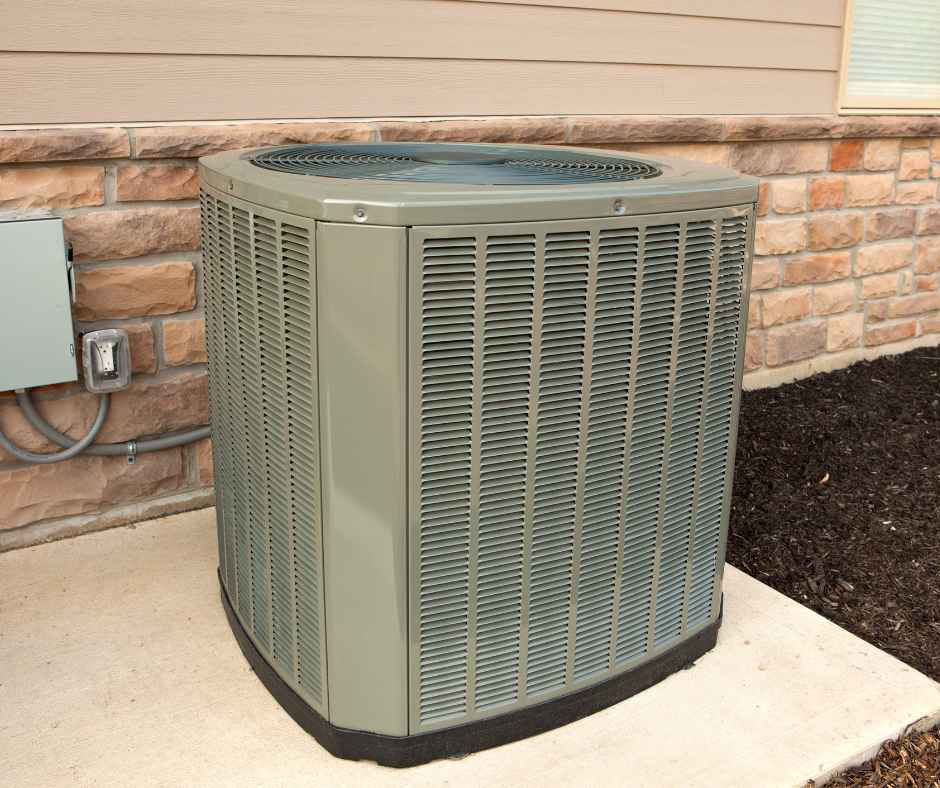520-629-9676
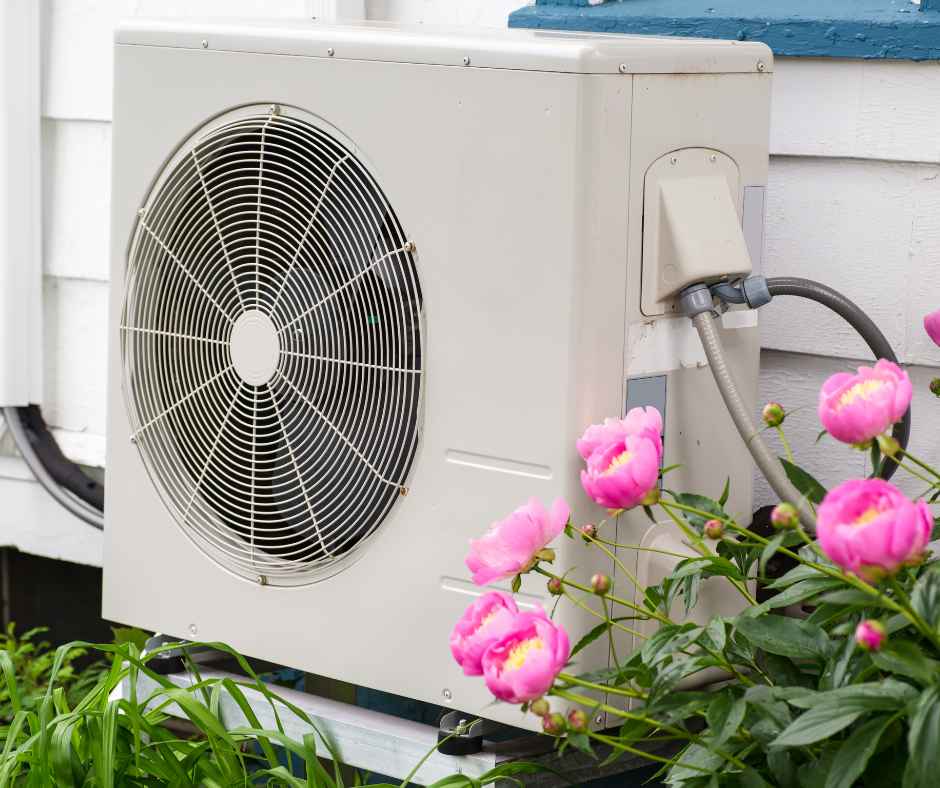
How Does a Heat Pump Work?
If you’re looking for an efficient way to heat and cool your home, you’ve probably heard about heat pumps. But what is a heat pump, and how does it work? In this comprehensive guide, we’ll break down the inner workings of a heat pump, explaining how it delivers comfort all year round and the importance of proper maintenance. Whether you’re considering installing one or you already have a heat pump in your home, understanding the system can help you make the most of this versatile technology.
What Is a Heat Pump?
Before we dive into how a heat pump works, let’s start with the basics: what is a heat pump? A heat pump is a device that transfers heat from one place to another, making it a highly energy-efficient way to heat or cool your home. Unlike conventional systems that burn fuel to create heat, a heat pump uses electricity to move heat. This makes it an eco-friendly alternative to furnaces and air conditioners.
Heat pumps come in two main types: air-source and ground-source (or geothermal). Air-source heat pumps are the most common and draw heat from the outdoor air, while geothermal heat pumps extract heat from the ground. Both types operate on the same principles, but air-source systems are generally more affordable and easier to install.
How Does a Heat Pump Work?
Now that we’ve covered what a heat pump is, let’s dive into how does a heat pump work. A heat pump operates in two modes—heating and cooling. The system relies on refrigerant to absorb and transfer heat, using a cycle that can be reversed depending on whether you need heating or cooling.
Heating Mode
In the colder months, a heat pump draws heat from the outdoor air (even in chilly conditions). Here’s how the process works:
- Step 1: The heat pump absorbs heat from the outdoor air using an outdoor coil filled with refrigerant.
- Step 2: The refrigerant, now heated, is compressed, increasing its temperature even further.
- Step 3: The hot refrigerant is then transferred indoors, where the heat is released into your home via the indoor coil.
- Step 4: After the heat is released, the refrigerant cools down and returns to the outdoor unit, where the process repeats.
Because it transfers rather than generates heat, a heat pump can deliver more energy than it consumes, making it highly efficient. In fact, heat pumps can be up to 300% more efficient than traditional heating systems like furnaces.
Cooling Mode
In the summer, the process is reversed to provide cooling. The heat pump extracts heat from inside your home and releases it outdoors. Here’s how it works:
- Step 1: The heat pump absorbs heat from the indoor air through the indoor coil.
- Step 2: The refrigerant carries this heat outdoors to the outdoor coil.
- Step 3: The refrigerant releases the heat into the outdoor air, cooling your home in the process.
- Step 4: The refrigerant cools down, and the cycle repeats.
Because it uses the same mechanism for both heating and cooling, a heat pump provides year-round comfort with one unit.
The Benefits of Heat Pumps
Now that you know how a heat pump works, it’s clear why so many homeowners choose this system. Here are some of the key benefits:
- Energy Efficiency: Heat pumps can save you up to 50% on your heating and cooling bills compared to traditional systems. Since they move heat instead of generating it, they use far less energy, making them one of the most efficient HVAC systems available.
- Year-Round Comfort: One of the best features of a heat pump is its versatility. Whether it’s freezing cold or sweltering hot, heat pumps can handle both heating and cooling, keeping your home comfortable year-round.
- Environmentally Friendly: Because heat pumps rely on electricity rather than fossil fuels, they produce fewer carbon emissions. This makes them a greener choice, particularly if your home uses renewable energy sources.
- Quiet Operation: Modern heat pumps are designed to operate quietly, providing a more peaceful environment than noisy air conditioners or furnaces.
Heat Pump Maintenance: Why It Matters
Like any HVAC system, heat pumps require regular maintenance to keep them running smoothly. Regular maintenance ensures your heat pump operates efficiently, prolongs its lifespan, and prevents costly breakdowns. Here’s why heat pump maintenance should be a priority:
- Energy Efficiency: Over time, dirt and debris can accumulate in the system, causing it to work harder and use more energy. Regular cleaning and maintenance will ensure your heat pump continues to operate at peak efficiency, saving you money on your energy bills.
- Extended Lifespan: A well-maintained heat pump can last 15 to 20 years or more. Routine inspections allow HVAC technicians to catch minor issues before they turn into major, costly repairs. This helps extend the lifespan of your heat pump and ensures reliable performance.
- Consistent Comfort: Regular maintenance ensures your heat pump delivers consistent heating and cooling throughout the year. Whether it’s topping off refrigerant levels, cleaning coils, or checking electrical connections, maintenance helps the system function optimally, keeping your home comfortable in any season.
- Avoiding Costly Repairs: Preventive maintenance helps identify potential issues before they lead to system failures. Catching a small refrigerant leak or worn-out part early can save you from the expense and hassle of a complete system breakdown during peak seasons.
Tips for Maintaining Your Heat Pump
If you’re a heat pump owner, here are a few maintenance tips to keep your system running smoothly:
- Change Filters Regularly: Dirty air filters reduce airflow and force your heat pump to work harder, which can cause wear and tear on the system. Make sure to change your filters every one to three months, depending on usage.
- Clear Debris Around the Outdoor Unit: Keep the area around your outdoor unit clear of leaves, dirt, and other debris that could obstruct airflow. Trim back any vegetation to allow the heat pump to function efficiently.
- Schedule Professional Inspections: It’s essential to have your heat pump inspected by a professional at least once a year. A certified technician can perform tasks like cleaning coils, checking refrigerant levels, and inspecting electrical connections.
Call Russett Southwest Today
A heat pump is an efficient, eco-friendly option for heating and cooling your home. Whether you’re using it to keep warm in the winter or cool in the summer, understanding how a heat pump works can help you maximize its benefits. Remember, regular maintenance is key to keeping your system running efficiently and prolonging its lifespan.
If you’re looking for professional heat pump maintenance or need help with repairs, contact Russett Southwest today. Our team is here to ensure your heat pump operates at its best, keeping your home comfortable all year long.
Recent News
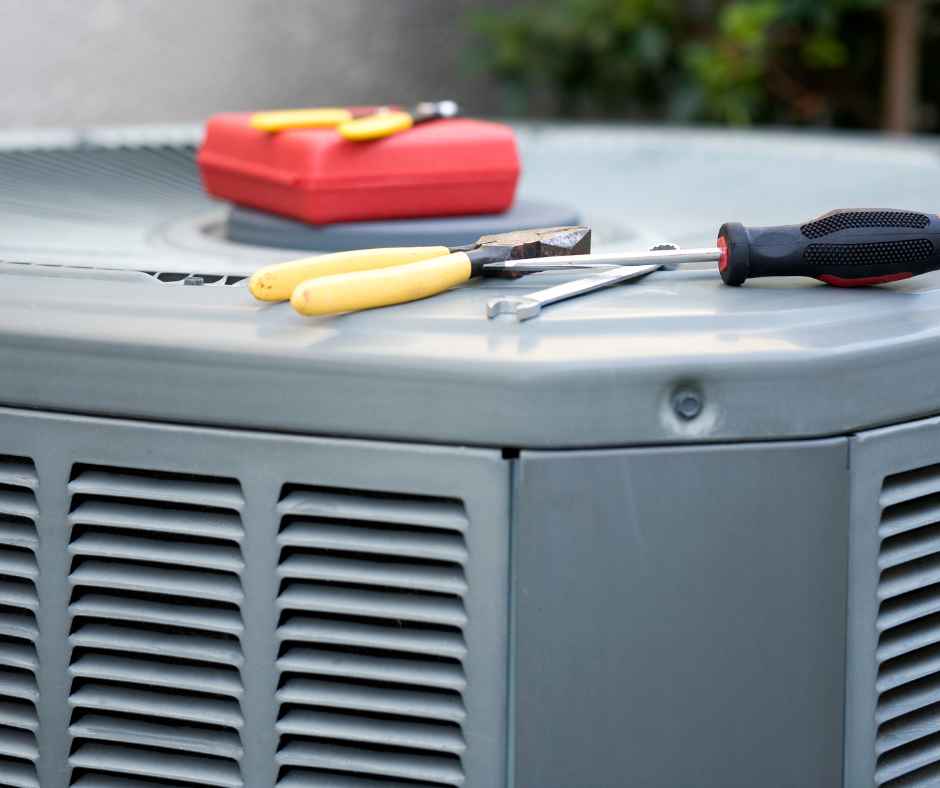
Top Signs Your HVAC System Is Wasting Energy in Tucson
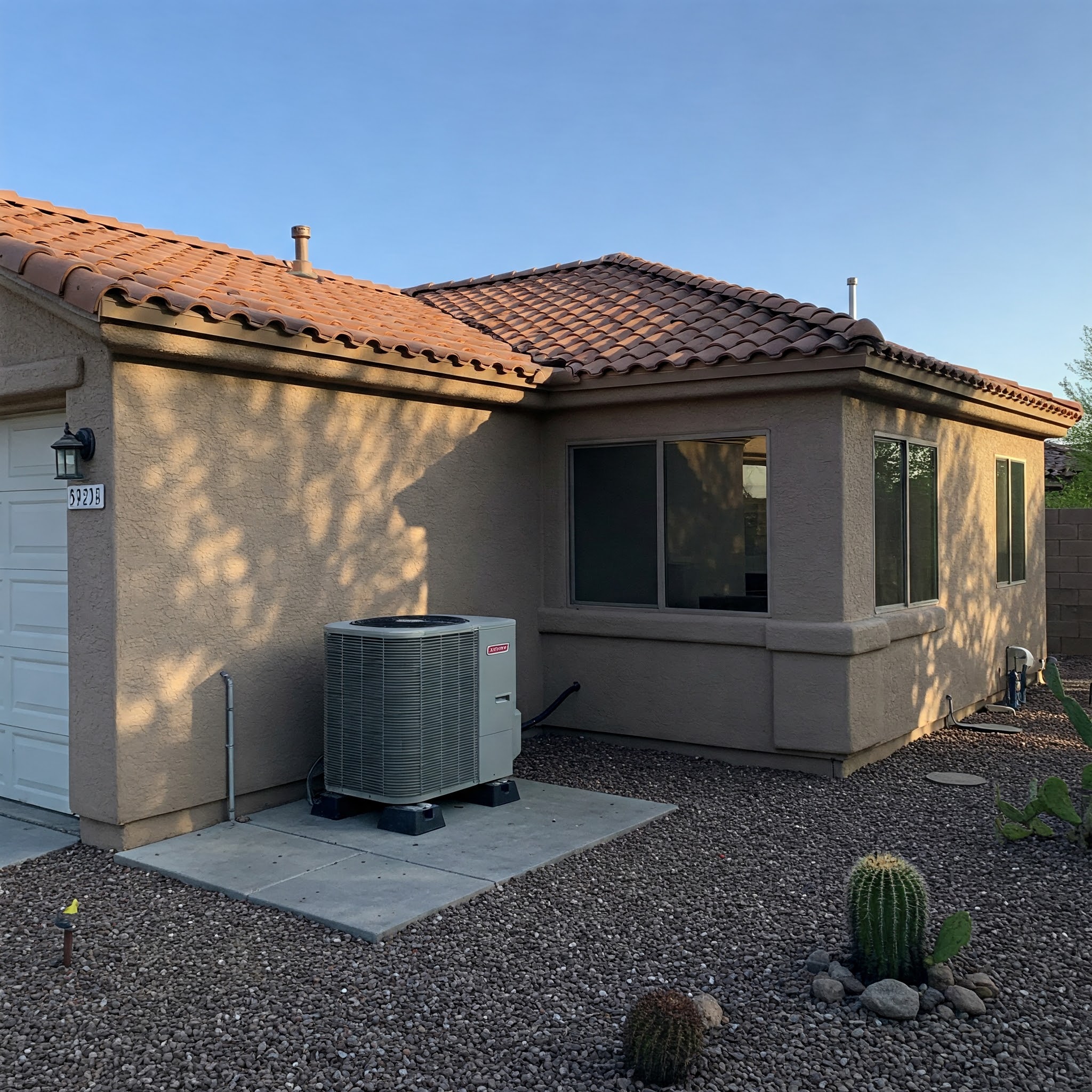
Why Spring HVAC Maintenance Is Crucial in Tucson

How Tucson’s Dust Impacts Indoor Air Quality and What to Do About It
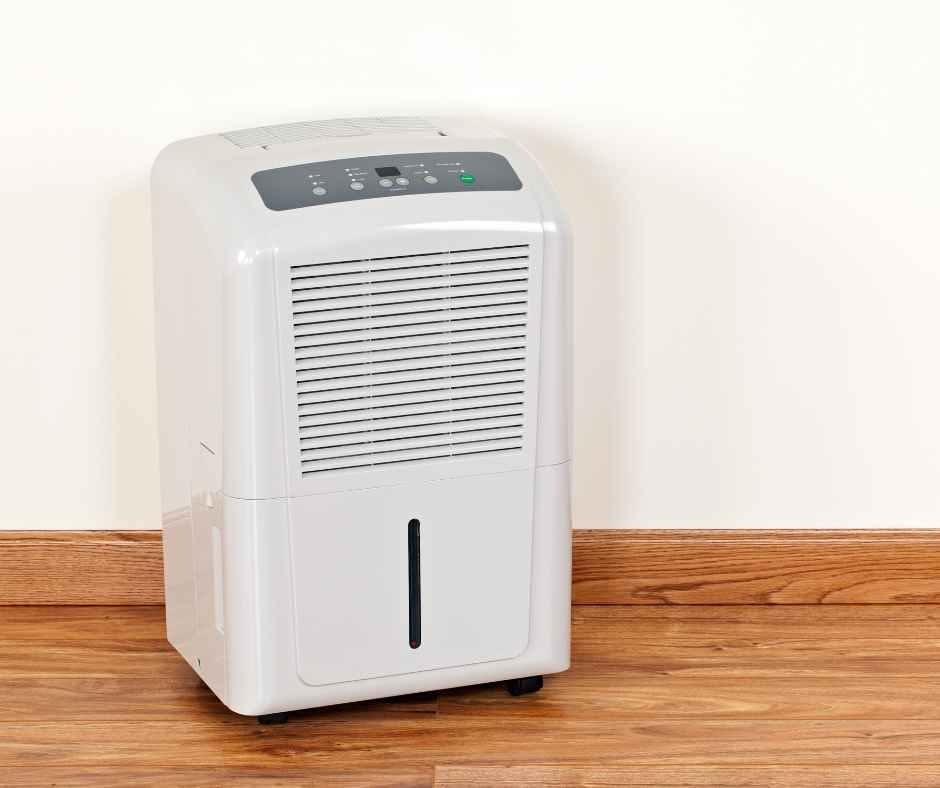
Do You Need a Dehumidifier in Tucson’s Dry Climate?
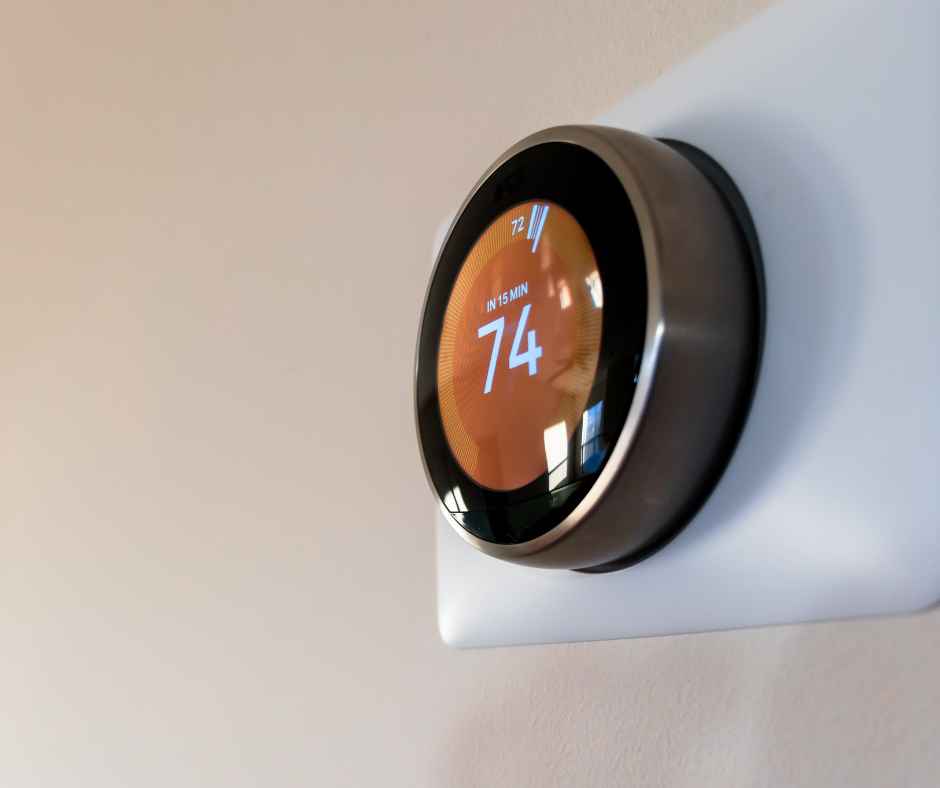
The Benefits of Programmable Thermostats in Tucson’s Extreme Weather
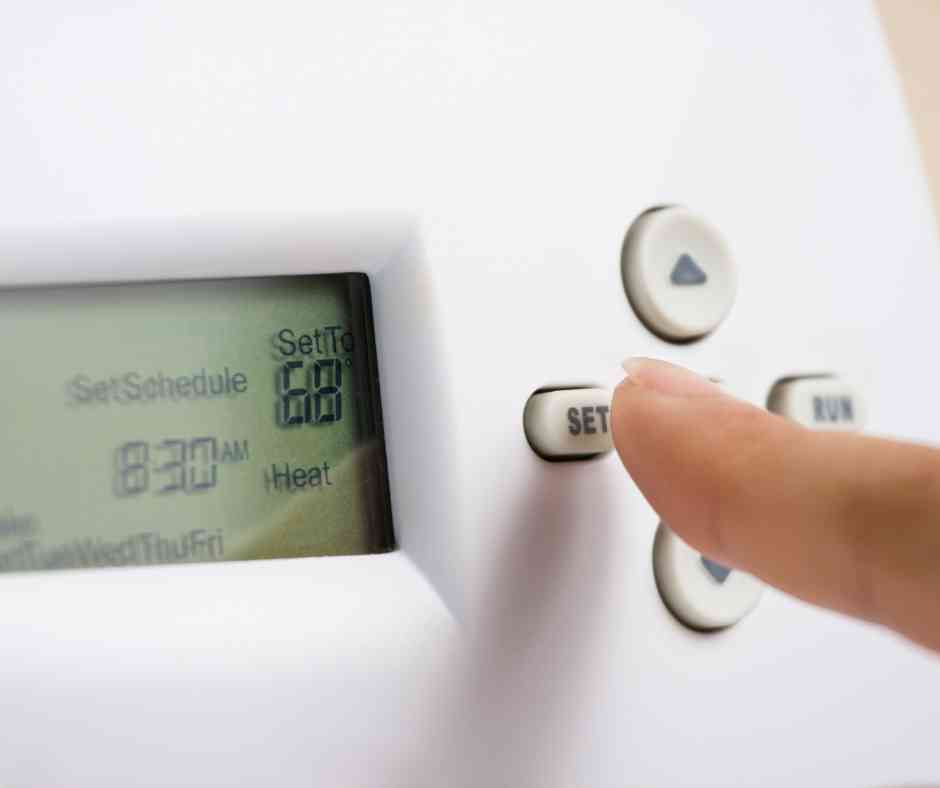
Common HVAC Problems in Tucson Homes and How to Fix Them
